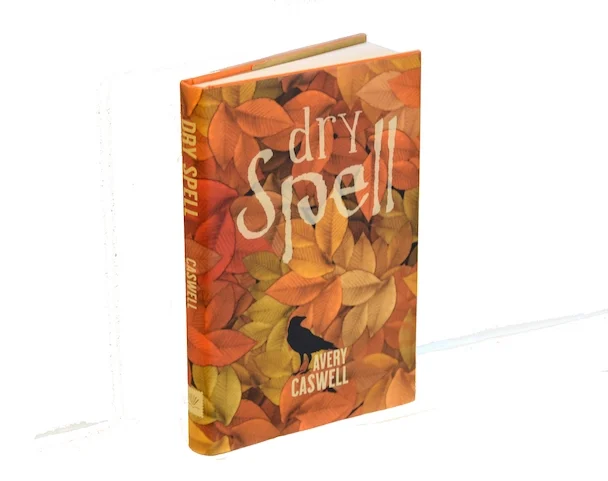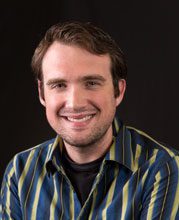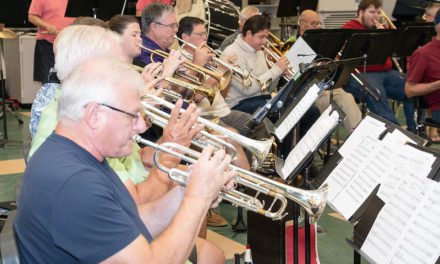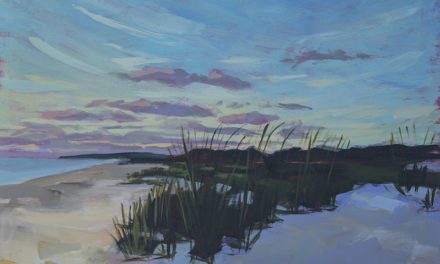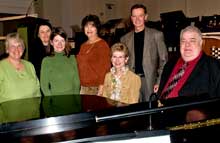Local novelist discusses new book and publishing venture
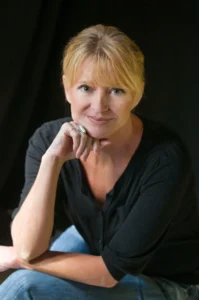
Leslie Rindoks
Dry Spell, written by Beaufort writer Leslie Rindoks, is the story of two families with very different backgrounds who become entangled during an unrelenting drought. There’s magic, Gullah healing practices, teenage angst and the conflict of generational expectations of perfectionism and letting go.
Rindoks, who writes under the pen name Avery Caswell, is an award-winning writer and designer originally from the Chicago area. She studied at Iowa Writers’ Workshop and holds MFAs in both creative writing and design. She says her writing is often inspired by the blurred edges between religion and magic, along with a love of history.
She and Lowcountry Weekly recently discussed her new novel and publishing venture located here in Beaufort.
LCW: What is your Beaufort connection?
LR: In 2005, our family spent a week on Hilton Head. Under a tight deadline for a book, my schedule allowed one free day, which we spent in Beaufort. Four years ago, ready for a new chapter in our lives, we recalled how much we had enjoyed Beaufort and decided to move here.
LCW: I love the character Maggie and her Gullah/Hoodoo conjuring and healing practice. How did you research this topic?
LR: I became fascinated by Gullah traditions when researching another project. I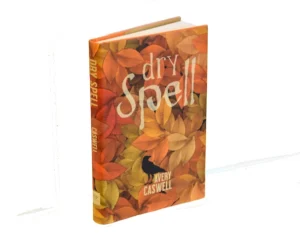 attended a Gullah Festival where I found a book titled Africanisms in the Gullah Dialect and began a deep dive into the language. I connected with a root worker who now lives in California to learn more about the healing practice. Many of my projects overlap, and when researching European witch hunts, I learned more about wise women and their roles in communities. So much of their “medicine” developed into what pharmaceutical companies base medicine on today, in other words, plants. Much of what Maggie uses comes from her garden, mixed with a bit of mystery. She understands that well-being depends on a good mix of what comes from the earth, common sense, and belief in the unseen.
attended a Gullah Festival where I found a book titled Africanisms in the Gullah Dialect and began a deep dive into the language. I connected with a root worker who now lives in California to learn more about the healing practice. Many of my projects overlap, and when researching European witch hunts, I learned more about wise women and their roles in communities. So much of their “medicine” developed into what pharmaceutical companies base medicine on today, in other words, plants. Much of what Maggie uses comes from her garden, mixed with a bit of mystery. She understands that well-being depends on a good mix of what comes from the earth, common sense, and belief in the unseen.
LCW: Eileen, Maggie’s neighbor, is trying to be the perfect mom to her four kids but the whole family seems to be falling apart. What are some of the unspoken truths about motherhood you explore?
LR: There’s an adage that mothers are only as happy as their least happy child. We want the best for our children, even when they may not deserve it or even benefit from having it. There are some mothers whose identity is tied to the success of their offspring. They feel equally tied to their failures, and in many cases, the failures are not forgotten or easily erased. Perfection is the goal; it’s unattainable.
LCW: Maggie faces a crisis of her own when her daughter rejects her healing practices and wants to put her in an assisted-living facility. What themes of generational trauma play a part in that crisis?
LR: I’m not sure I realized the depth of generational trauma that exists in Maggie’s family until answering this question, but you are spot on, generational trauma is in full play. Maggie’s daughter Bella had a stable, loving childhood but as an adult she is certain she is a victim of her mother’s failings, or “otherness.” Bella rejects her mother’s way of life much like Maggie rejects her own mother; Maggie’s mother rejected the Gullah way of life by making questionable choices and running away, leaving Maggie to be raised by her grandmother… The cycle of rejection seems doomed to repeat itself if no healing takes place.
LCW: Is Thorne based on a real town?
LR: Though the characters are completely fictitious, the town of Thorne is loosely based on Davidson, NC, a small Southern college town where I lived for more than 25 years. The town has grown and changed a lot, but in its earlier days, I witnessed firsthand how relationships were forged and then sometimes destroyed and often misunderstood. Everyone seemed to know what everyone else was doing, and they’d have an opinion about it, too. There’s a lot of charm in the small-town dynamic, but sometimes close environments help create a judgmental atmosphere… which is a perfect landscape for a novel, if you ask me!
LCW: Tell us about your new Beaufort adventure with WayWord Books and the subscription concept?
LR: For the past two decades, working as an editor, book designer, writer, and publisher, I’ve watched big box stores shift the publishing industry to a distributor-dependent model, eroding publisher profits and subsequently author royalties. At the same time, technological advances made it possible for anyone with a computer to “publish,” flooding the market with books of questionable quality. As a subscription-based publisher, WayWord breaks the mold by delivering quality, first-edition books directly to readers, eliminating the need for distributors, many of which earn far more than authors, and sometimes even more than publishers. We venture off the beaten path to find new work by topnotch writers and combine beautifully designed books with carefully curated gifts that complement the authors’ work. I am meeting and working with some wonderful authors who will be getting published through WayWord in the coming months, I am honored and excited to be providing a platform to help showcase their incredible talents.
LCW: Your editing class at the Pat Conroy Center was a hit. How do you balance your teaching and writing?
LR: I’m very grateful to Jonathan Haupt and Stephanie Edwards Coffman for welcoming me to Beaufort and introducing me to the area’s vibrant writing community. I met some lovely people, and I really enjoyed having an opportunity to talk to fellow writers about editing. Learning how to edit saves valuable time and money and leads to better writing. Revision is a passion of mine, so helping others with the process did not feel like a balancing act to me. It was an absolute joy to engage with the Beaufort writing community and I hope we can offer more classes like it in the future.
LCW: What is your writing process?
LR: I try to find time to write a little each day; my most productive time is early in the morning. My mentor, Abigail DeWitt, is a staunch advocate of writing 15 minutes every day. In fact, that is largely how Dry Spell was written, in short 15-20 minute increments, a little bit every day. The key is consistency.
LCW: What are you working on now?
LR: I recently completed a murder mystery which I am shopping around, and am working on a new novel about a Creative Writing MFA workshop (as they say, write what you know!); the working title is Devil’s Workshop, and so far, it has been wicked fun to write.
For more information about WayWord Books, visit www.waywordbooks.com

